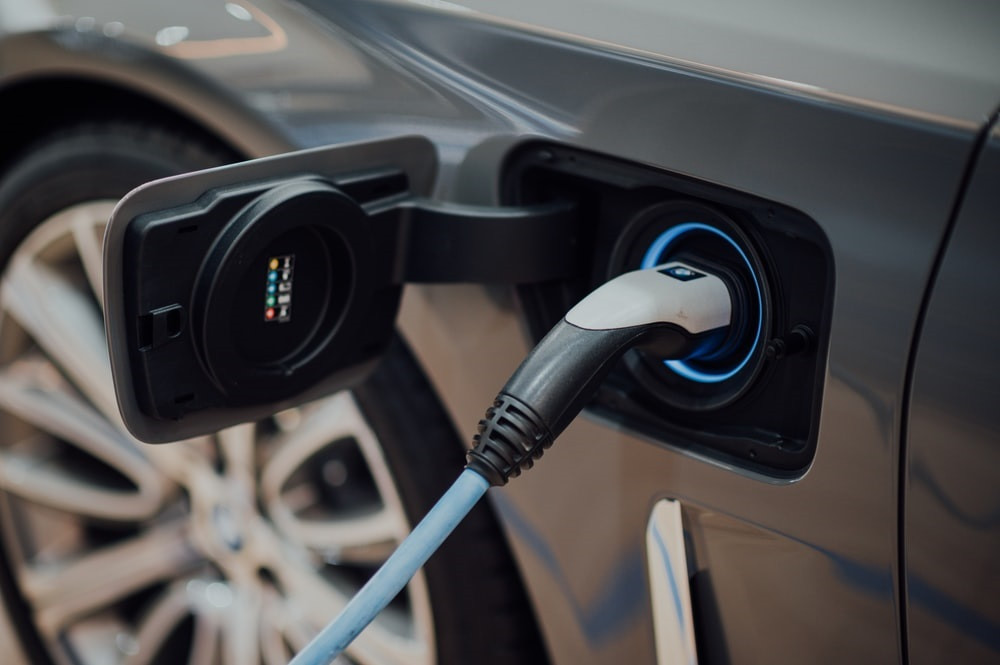IIT researchers innovate new tech, aimed at reducing EV charging cost by half
Researchers from several IITs have developed a new technology for charging Electric Vehicles (EVs) which costs about half of the current onboard charger technology and can help to considerably reduce the cost of two-and-four-wheeler EVs.
According to the team, the lab-scale development has already been done at IIT (BHU) and upgradation and commercialization were in progress.
One of the country's leading EV manufacturers has also shown interest in this new technology and is ready to develop a full-fledged commercial product that can be applied to existing electric vehicles, the team claimed without naming the company.
The technology has been developed at IIT (BHU), Varanasi, in collaboration with experts from IIT Guwahati and IIT Bhubaneshwar.
"The rising prices of petrol and diesel in the country is worrisome for the common man. Amidst the rising cost of petroleum products and rising pollution levels, electric vehicles (EVs) are the best alternative to conventional IC engines but lack of high power off-board charging infrastructure forces automakers to incorporate onboard chargers into the vehicle itself," said Rajeev Kumar Singh, Chief Project Investigator, IIT BHU.
"The vehicle owner can charge the vehicles through the outlet and hence, this leads electric vehicles to become very expensive. In the proposed onboard charger technology, we are reducing one additional power electronics interface required for propulsion mode and, therefore, the components involved are reduced by 50 pc. The proposed charger is reconfigurable that can act as a charger for charging mode and inverter for propulsion mode." Mr. Singh added.
Singh explained that because of this technology, the cost of the onboard charger will be reduced by almost 40-50 percent in comparison with the existing one.
"The cost reduction in the charger will subsequently reduce the cost of the EV as well. In this way, the proposed technology is giving low-cost technology for EVs.
"The technology will be completely indigenous and will have a significant impact on driving electric vehicles on Indian roads in a big way," he said.
IIT BHU Director Pramod Kumar Jain stated the techno-commercial, social, economic, and environmental impact of technology will also be positive.
"The technology will improve charging infrastructure and support the government's mission to bring electric vehicles on Indian roads," he said.






















